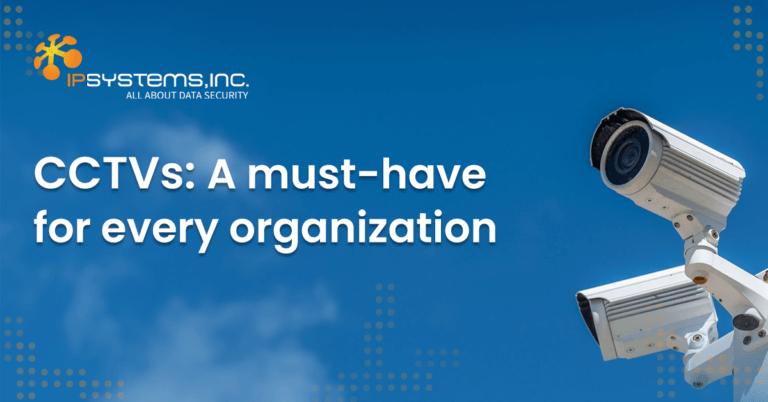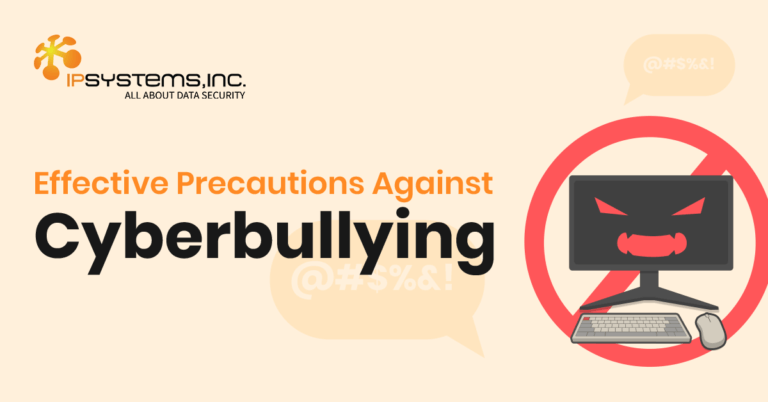
Innovating your Business with Green Data Centers
Blog: Innovating your Business with Green Data Centers Data centers are centralized facilities equipped with essential hardware like servers, storage devices, and networking equipment.

Going digital is the new normal for modern businesses. It has, therefore, become imperative to incorporate an evolving digital component in even the most traditional processes. These digital technologies help companies become more efficient, while enabling them to maximize profits.
However, there is growing awareness that hackers want to exploit the digital assets of organizations. A comprehensive security strategy takes care of malware, trojans, and viruses, and even ransomware. Many organizations also include encryption technologies as a requirement.
Data encryption is a way for organizations to obscure their data from prying eyes. It is similar to "software encryption," and requires an encryption key to grant access to anyone. An encryption key is like a password, but Modern encryption has gone beyond creating strong passwords and using a VPN. Hard disk encryption software improves security, protecting you and your growing army of customers.
Criminals are after your confidential data and companies need to comply with regulation. Each time the bad guys succeed, they make you lose confidential information, but fully encrypting your data is a comprehensive solution to this. In the long run, you’ll save time, prevent liability, and minimize the effects of human error.
Full-disk encryption not only secures your data, but it is also easy-to-implement. For companies using numerous employee devices, it’s possible to manage encryption keys remotely.
Encryption encodes messages or files such that only someone with the correct cipher (also called a "key") can understand it. It's widely used in software, communication, and computer systems. There are various encryption algorithms suitable for specific purposes.
Consider a message in plain text. Suppose we have this message on disk and implement FDE on it. FDE makes it impossible for unauthorized elements to read your data by using an algorithm that make the message hard to decipher.
Full-disk encryption happens on the hard drive and helps to reassure customers that their data is secure with you. By default, it encrypts everything that goes into the drive. One of the most comprehensive FDE solutions on the market is Bitdefender GravityZone’s Full Disk Encryption Add-on.
If it’s a computer hard drive, FDE encrypts files on the operating system when you turn off the computer. It is decrypted (made readable again) after the computer is turned on again.
If your organization implements it right, FDE makes it really hard to access data on an encrypted device. An attacker would then need physical access to the computer and the master password to explore the valuable information on it.
Therefore, if someone steals the machine, the information on the hard drive remains encrypted even if it’s taken to another machine, effectively keeping the company’s sensitive information safe.
For no less than the last decade, FDE has been a mainstay in the practice of computer security. In corporate organizations, it’s increasingly challenging to control physical access to every device, especially as a growing number of them are available for remote assignments.
European companies once spent more than $1.8 billion per year due to misplaced laptops. The devices themselves accounted for only a fraction of this sum, whereas the costs from third-party access to confidential data were and remain significantly higher.
One way that FDE helps in mitigating breaches is by ensuring access to nothing on the hard drive. Customers like to be assured that their passwords are inaccessible outside your company. For this reason, secure passwords are of high importance in information security.
An FDE system that uses a strong password is harder for a hacker to plant software on an encrypted device and successfully access its data. An insecure password makes FDE efforts pointless.
Full-disk encryption is really a passive security method that’s easy to implement on hard drives. The user doesn’t need to take any additional steps to ensure security as they might need to when using browser extensions, login portals, or VPNs. Every piece of data saved to the device gets automatically encrypted.
What’s more, major operating systems like Windows and MacOS support FDE – Windows has had the device encryption feature since Windows 8.1, while Apple’s MacOS provides FileVault.
Sometimes, IT security solutions show undesirable outcomes. Users are often able to live with their machines booting up a bit slower.
However, because FDE is so comprehensive, the only issue with it is that users could forget their password. Not knowing the recovery key means they’re locked out from their hard drive, and good FDE management is an excellent way to deal with this. Keys should be readily available from the admin console, so admins can decrypt FDE-enabled machines when they need to.
If your company is aiming for PI, HIPAA, or DPA compliance, implementing full-disk encryption is imperative. Regulatory bodies require organizations to enforce data security measures because if every computer in your organization has encrypted data, your security is more comprehensive by default. In addition to that, even when a computer system gets stolen, there’s little to no fear considering that a cybercriminal may have laid hands on it for they also need access to the encryption keys or do another totally different kind of attack to make it possible.
Full-disk encryption is a proactive security solution that anticipates and protects you from unauthorized access. If you are looking for a cybersecurity solutions provider, having them recommend an FDE solution to you means that they are knowledgeable in future-proofing your organization. That's where a company like IPSYSTEMS stands out as the leading corporate cybersecurity partner of organizations in the Philippines.



Blog: Innovating your Business with Green Data Centers Data centers are centralized facilities equipped with essential hardware like servers, storage devices, and networking equipment.

Blog: CCTVs: A must-have for every organization Nearly every business and organization, regardless of size, has already implemented CCTV Services within their premises because

Blog: Combating Bullying in Digital Classrooms: Empowering Students for a Safer Learning Environment Bullying is a pervasive issue that inflicts emotional, psychological, and physical